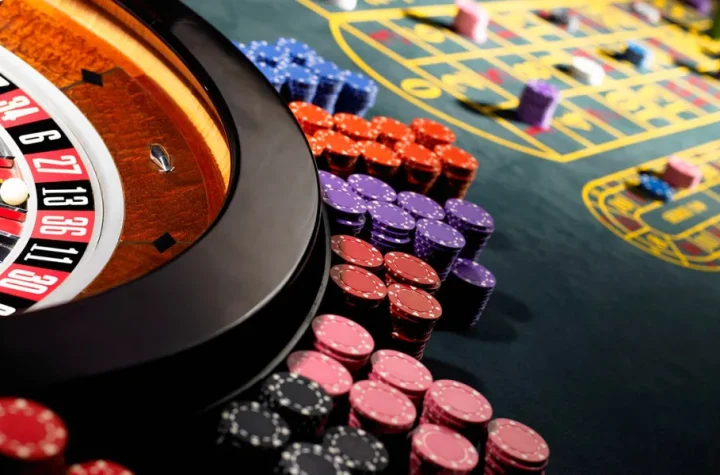
Do you have intense jawbone pain when you wake up in the morning? It’s likely you may be suffering from bruxism. Though not a common condition, it can lead to painful symptoms that can be distressing.
Our dentist in Pacific Beach, San Diego, will help evaluate the condition and provide appropriate treatment to relieve painful symptoms.
An introduction to bruxism
Bruxism is a condition characterized by involuntary clenching or grinding of the teeth. Regular grinding of the teeth can hurt your teeth, jaw muscles, and TMJ (temporomandibular joint). This most often occurs at night, especially while you are asleep (sleep bruxism), but can even occur while you are awake (awake bruxism). Bruxism, if not treated, can lead to several dental problems that could be functionally and aesthetically deteriorating.
Causes of bruxism
Bruxism often occurs due to a malfunctioning chewing reflex, which is turned off in non-sufferers when sleeping. But for bruxism sufferers, the reflex pathways are active even in deep sleep.
There are several causes of bruxism, including:
- Hereditary predisposition (if someone in your family suffers from bruxism)
- Lifestyle habits (excess smoking, alcoholism, or tobacco use)
- Sleep disorders
- Chronic stress
- Anxiety
- Taking certain medications like anti-anxiety drugs
Classic symptoms of bruxism
The following are the main symptoms if you suffer from bruxism:
- Sleep disturbances
- Headaches or facial pain, especially in the morning
- Earaches
- Gum recession
- Tooth lost
- Tooth fracture
- Occlusal trauma
- Arthritis
- Myofascial pain
- Jaw locking
- Clicking or popping sound near the TMJ
- Jaw stiffness
Bruxism management and treatment protocol
There is no single cure for bruxism; your dentist may use a combination of treatment options and dental appliances that aid in managing the condition. These include:
- Conservative approach
- Regular exercise
- Stress relaxation techniques
- Mouthguards
- These are customized appliances that must be worn during your sleep.
- They help stabilize your occlusion and prevent damage to the teeth and TMJ.
- NTI-tss device
- These are special devices that cover only the anterior teeth.
- The rear molars grinding action can be prevented by limiting the contraction of the temporalis muscle.
- Botox
- This is an effective neuromodulator that relaxes the muscles and weakens them.
Conclusion
Bruxism is a condition causing involuntary clenching or grinding of your teeth. This can happen when you are awake or while you are asleep. Several factors could predispose you to develop bruxism that can lead to painful symptoms causing distress.
Early detection and prompt treatment are crucial to avoid deteriorating damage to the teeth, jaws, and TMJ. Your dentist can best determine the type of treatment appropriate for you to restore a pleasant aesthetic appearance to the smile and overall dental health.




More Stories
Kamagra Safety Facts: Every First-Time User Needs
Optimizing Medical Billing Workflow Core Components
Harnessing Digital Momentum for Mental Health Practices